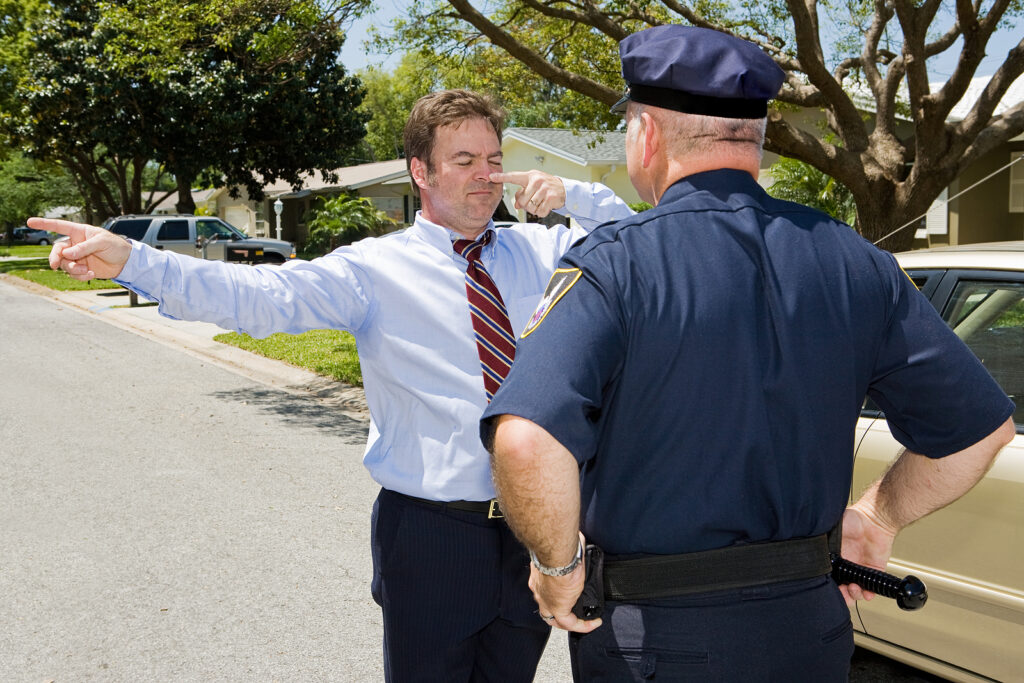What Is the No-Fault Car Insurance System in Massachusetts?
Massachusetts is one of a number of states that has some sort of no-fault insurance system and requirements. All of these states, including Massachusetts, have laws requiring drivers to purchase specific types of auto insurance, including personal injury protection that covers some of the driver’s medical costs in any type of car accident. That includes truck accidents with big trucks.
Keep reading to find out more about what a no-fault state is, what personal injury protection is, and what happens if you’re involved in an accident in Massachusetts that is the fault of another driver.
What Does It Mean to Be a No-Fault State for Car Accidents?
The no-fault insurance systems and policies in Massachusetts and some other states don’t mean that fault isn’t assigned in an accident. Citations may be issued, and insurance companies and others may deem one or more drivers at fault in an accident, even in a so-called “no-fault” state.

The main difference in no-fault states such as Massachusetts is that fault doesn’t dictate which insurance policy covers certain losses. Each driver’s own insurance covers certain medical expenses for the driver as well as passengers in their car and any pedestrians that might have been impacted by the accident. This coverage is known as personal injury protection or “PIP” for short.
What Insurance Coverage Is Legally Required in Massachusetts?
Like most other states, Massachusetts has minimum requirements for insurance that all drivers must carry. There are four types of coverage that are compulsory:
- Personal injury protection, or PIP: Covers medical expenses up to a certain threshold for the driver of a vehicle — whether it’s the insured or someone the insured has given permission to operate the vehicle. PIP also covers medical expenses up to a certain amount for passengers in the vehicle and any pedestrians that might have been hit by the vehicle in an accident.
- Coverage for bodily injury to others: Protects the policyholder and driver in the case of major injury to another person in an accident that the driver caused.
- Property damage coverage: Covers damage to another person’s property caused by an accident that you or a driver you allow to use your vehicle is at fault in.
- Coverage for bodily injury caused by uninsured or hit-and-run driver: Provides coverage for the driver and passengers in the vehicle at the time of the accident if the accident is caused by someone with no insurance or by an unidentified driver who flees the scene.
What, Exactly, Does PIP Coverage Pay For?
PIP insurance covers specific damages up to a certain amount. Here’s what’s covered for the driver of the vehicle, any passengers, and potentially certain pedestrians injured in the accident:
- Medical bills related to injuries sustained in the accident
- Expenses related to replacement services for those who are injured and need assistance with certain activities, such as household chores
- 75 percent of lost wages or other income due to an inability to work related to the accident

This coverage caps out at $8,000, though. It is not meant to be exhaustive or comprehensive. Instead, PIP coverage is designed to reduce legal disputes and litigation over smaller losses. It is also designed to reduce the burden to those injured in an accident by paying for medical treatment and lost wages, if they are unable to work for a period of time. Since each person’s insurance provides this coverage in an accident, there is no need to file a claim or seek legal action against other drivers and their insurance companies to access this PIP coverage.
Does This Mean You Can’t Seek Compensation From Another Driver or Their Insurance?
No-fault insurance systems and PIP coverage don’t completely rule out personal injury claims or lawsuits against the at-fault person, though. Many times, the PIP coverage is not enough to cover losses someone sustains in an accident. When this happens, you may turn to the at-fault driver in the accident and their insurance coverage for additional compensation.
Before you can take these types of legal actions against another party in a car or truck accident in Massachusetts, you must meet a certain threshold of losses and injuries. If you are seeking damages for injuries, they must have been significant. Significant means injuries to the level that they involve damages such as death, a fractured bone (including teeth), significant scarring disfigurement. If none of these particular injuries are present, the person may reach the required threshold by having $2,000.00 or more in reasonable and related medical expenses.
It should also be noted that in Massachusetts, motorcylists do not receive any form of PIP benefits. Therefore, these threshold requirements do not apply to them.

While there are definite lines that define these things in Massachusetts, they can seem “clear as mud” to those without experience in personal injury related to vehicle accident cases. If you are dealing with losses related to an accident on the road, you feel the accident was the fault of another driver, and you aren’t sure whether you have the option to seek additional compensation, reach out to a personal injury attorney today.
A lawyer who is well-versed in Massachusetts personal injury law can help you understand what your options are. They may be able to help you make a case to position yourself for a more favorable settlement or work with you to present a case in court that is more likely to win.
If you’re dealing with the aftermath of a car accident in the Woburn, Massachusetts, area, don’t face the legal questions all alone. The team at Contant Law can help. Contact us at 617-227-8383 to make an appointment, and we’ll take the time to listen to your story, understand your case, and let you know how we can help.






